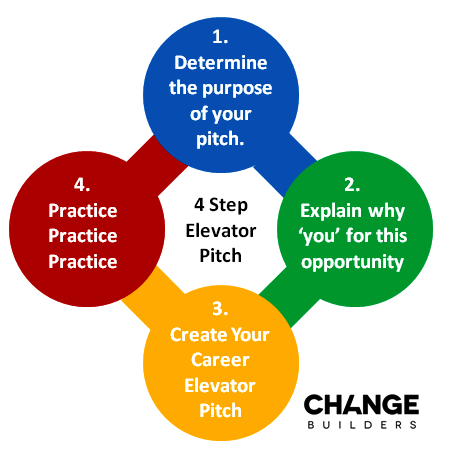Without realising it, many of the people who initiate discussions with me about their careers, spontaneously start re-enacting a scene from Lewis Carroll's Alice in Wonderland. In the scene, I'll be given the role of the Cheshire Cat, while they happily perform the role of Alice:
Alice: 'Would you tell me, please, which way I ought to go from here?'
Cheshire Cat: 'That depends a good deal on where you want to get to.'
Alice: 'I don't much care where'
Cheshire Cat: 'Then it doesn't matter which way you go.'
It's simple really...if you care about your career and its effect on your life, then you really must care about which way you go. If you don't care where you end up, then don't invest time in worrying about it...you will arrive somewhere...and with crossed fingers it might be somewhere you want to be...or not. If you want increased certainty then create clarity around your career vision, because clarity is paramount to building a career that supports the life you want...and no one else can do it but you.
But be careful, many people undermine their career progress by investing time in clarifying what they don't want, rather than what they do want. Knowing what you don't want is handy, but knowing what you do want is powerful because it enables you to exploit key opportunities to promote your career desires. So if you want to give yourself a powerful edge in creating a career that supports the life you want, then invest time in clarifying your career vision, and the elevator pitch for communicating it to the key influencers that can help it be achieved.
An elevator pitch is a short, punchy introduction of who you are, what you do (or what you've achieved) and what opportunity you are seeking. The main goal is to create a clear narrative that should be comfortably communicated in 15 - 30 seconds. It can be used at networking events, in cafes, in meetings, and pretty well anywhere that you happen to meet a person that can positively influence the direction of your career. Your pitch should be engaging enough so that the key influencer wants to continue the conversation either there, or at an agreed time in the near future. To help you on your way here are four steps to help you develop your career elevator pitch:
1. Determine the purpose of your pitch.
Clarify the type of opportunity you’re seeking. Don't underestimate the importance of this step because if you don't know what you're seeking, you'll most likely end up with an opportunity that someone wants for you, or no-one being able to help you at all.
2. Explain why you for this opportunity
Consider all the reasons why you are the right person for this opportunity you seek (your unique value proposition) and therefore why will you will benefit a prospective employer. Write brief notes outlining:
Relevant achievements
Unique or highly developed skills
Relevant experience
3. Create Your Career Elevator Pitch
Remember an elevator pitch is a short punchy introduction, so carefully select the most relevant points from your notes to start creating a punch pitch that will help you stand out from the rest.
Who are you?
What do you do (experience, and/or achievements, and/or skills)?
What do you want?
If you're just entering the workforce or career transitioning, consider using the following:
Who are you?
What are your key strengths (experience, and/or achievements, and/or skills)?
What do you want?
Here are two slightly different examples:
'Hi. I am Marie Smith. I am a Human Resources Specialist with 6 years experience building productive and innovative workplace cultures, and I'm seeking opportunities in the Melbourne CBD with large progressive organisations.'
'Hi. I am Marie Smith. I'll be completing my Bachelor of Communications and Media in November. I'm known for my innovative approach to social media communication which has helped different groups at my University, and a not-for-profit organisation's Instagram page. I'm seeking the opportunity to work with an organisation that would benefit from an innovative approach to their social media activities.'
4. Practice, Practice, Practice.
The final part of is to practice your elevator pitch so that when the opportunity arises you can communicate it naturally and relaxed.
So remember, don't be like Alice when it comes to understanding your career direction, give yourself a powerful edge by clarifying what you want, and by creating an elevator pitch to communicate it to key influencers. It may seem like a bit of a task at first but it's worth your investment of time. After all with an elevator pitch you're more likely to end up in a career space you want, rather than one you really don't.
About the Author: Jo-Anne Niemann.
Jo-Anne is the Founder and Principal Consultant of Change Builders Consulting, she specialises in performance and career coaching; customised learning and development; and organisational development.

